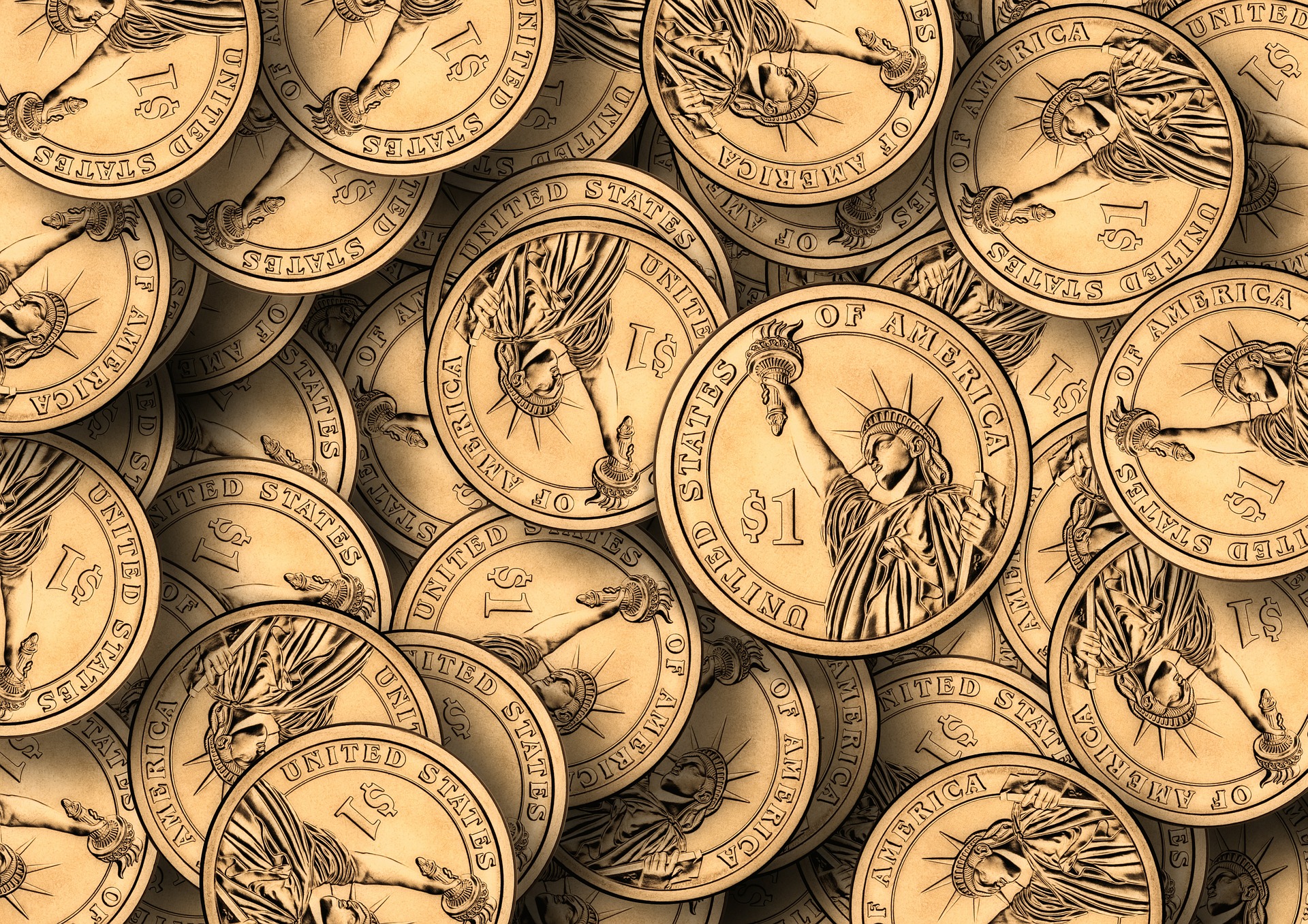The US Dollar to Japanese Yen rose to 130 levels, at a 2-decade high. It is at levels last seen in February 2002, as the Yen surged to 131.25 on April 28.

US Dollar to Japanese Yen Trades at 130 Levels
The safe-haven Japanese Yen shows weakness with the dovish attitude taken by the Bank of Japan. The US Dollar to Japanese Yen is at a two-decade high at levels last seen in February 2002.
The Japanese Yen touched 135.16 in February 2002. It surged to 147.78 levels in August 1998. The Japanese Yen is a safe-haven currency that investors prefer to own in times of trouble. The Ukraine war and the covid19 have pushed the USD/JPY currency pair higher. Economic activities are yet to recover in Japan.
The Japanese Yen currency trading is at a 20-year low. The Ukraine war has caused a surge in commodity prices. The unprecedented hike in crude prices pushes cost of living higher, as Russia is the chief exporter of crude oil. The Japanese Yen to USD is trading at $0.0077.
The US Dollar to Japanese Yen surged to ¥131.25 on April 28. The currency pair is currently trading at ¥130.00 levels on Tuesday, May 3, on the foreign exchange market.
Economic Activities Hurt by High Prices
The Japanese Yen is falling, and interest rates are low. Living standards are going down. The country is unable to grapple with the after-effects of the Covid19. The rippling effect of the Ukraine war is felt in Japan, as prices are soaring higher and supply disruptions hinder production activities of the country.
Escalating prices are burning a hole in the Japanese household budget. Consumer confidence saw a marginal improvement, from 32.8 to 33.0. But, it is lower than the anticipated figure at 34.9. The Russia-Ukraine war has hurt consumer sentiment, as commodity prices are shooting up to new highs. Japan was the first to bring down interest rates, even before the pandemic. Now, BOJ is unable to raise rates despite high prices, adding pressure on the US Dollar to Japanese Yen.
Crude prices are increasing as supply from Russia has come down. Top refiners from Japan have shunned the import of Russian crude. Japan imports most of its fossil fuels from Japan, and the hike in crude prices is another cause of high prices in Japan.
The final manufacturing PMI shows a slight rise from 53.4 to 53.5. There is a decline in covid19 cases, and pandemic restrictions have eased, which has improved business activities. New order growth is on an uptrend for the seventh consecutive month, which is good for the Japanese currency.
Japan has foreign reserves of $1.2 trillion, and selling the reserves when the Yen is weak may further weaken the currency. BOJ has decided to keep yields low by fixed-rate bond buying.
Bank of Japan Re-iterates Loose Monetary Policy
Bank of Japan is against rising interest rates. The ultra-loose monetary policy taken by the central bank adds to the Yen weakness. Short-term interest rates are at -0.1% amid high inflation as the country reels after the covid pandemic.
The Japanese economy needs monetary easing to support the people, says Bank of Japan Governor Haruhiko Kuroda. A weak Yen is good for the Japanese economy, says Kuroda. Exports will be profitable, says the governor.
Prime Minister Fumio Kishida has hopes that the Bank of Japan will work towards achieving the 2% inflation target. High prices are transitory, say authorities.
The Bank of Japan did not pull back from its monetary easing policy as expected but continued to keep rates low. Japanese 10-year government bond yields are below 0.25%. Investors are buying back bonds and selling the Japanese Yen. Kuroda insists that the bank’s decision to re-iterating loose monetary policy will help to stabilize the market. The Yen has slipped beyond the 130 mark against the US Dollar.
The Bank of Japan has taken a dovish stance, which keeps the USD/JPY in the forex markets at life highs.
The US Dollar Index Surges Higher
The Fed has plans to hike rates to tame inflation. The ultra-loose policy by Japan and the stringent actions by the Fed will widen the policy gap between the US and Japan.
The Dollar index is surging higher as the Fed is expected to tighten monetary policy in its two-day FOMC policy meeting, starting on Tuesday.
The US Dollar Index is trading above the 100 mark ahead of the two-day policy meeting by the Fed.
The British Pound to Yen is under heavy selling pressure, as it trades at a six-year high at 163 levels. The Euro to Japanese Yen is trading at levels last seen in 2015 at 136.90.
The risk-off market sentiment keeps the Japanese Yen as a safe-haven currency. The turmoil caused by the Ukraine war and the covid pandemic has made the Yen lose its shine as a safe-haven asset.